Meet the teams shaping the future of learning
Explore how the world’s top training businesses and teams use Disco to deliver exceptional learning experiences.

How D2D Experts Used Disco to Scale Training, Save 75% on Learner Support, and Grow Faster

Hear it from our customers










"Disco is a transformative force in social learning—a complete game-changer."

"We evaluated 17 platforms—Disco was the clear choice.”

"Disco lets us focus on delivering exceptional content.”


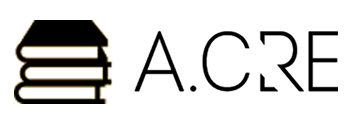
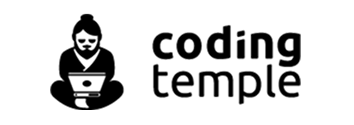
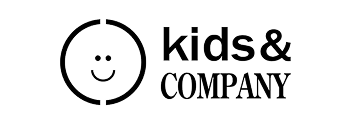

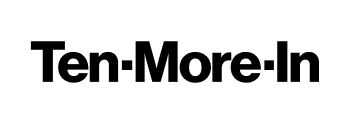
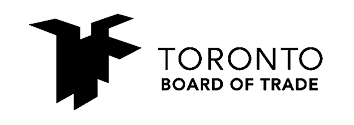















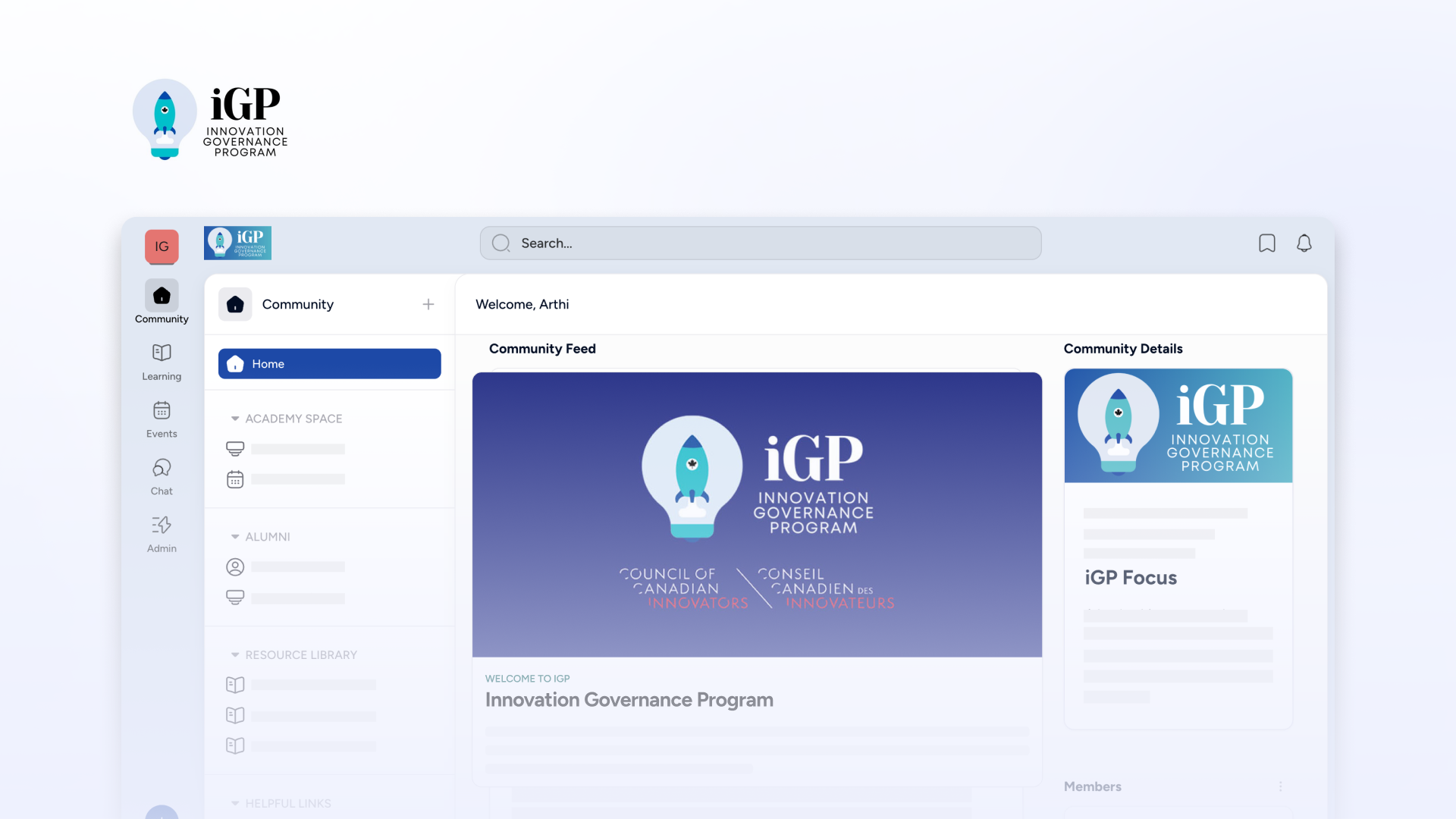




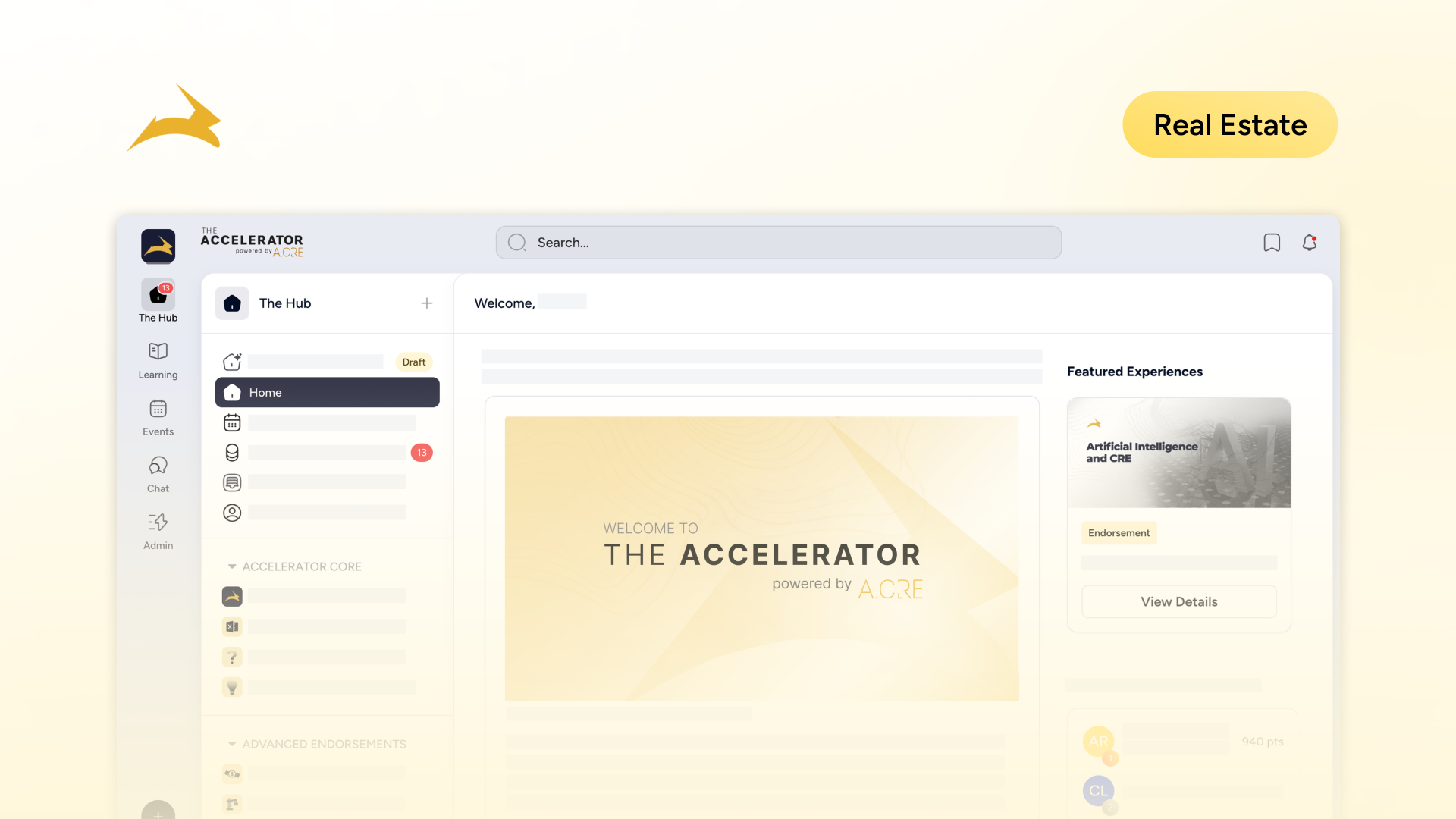

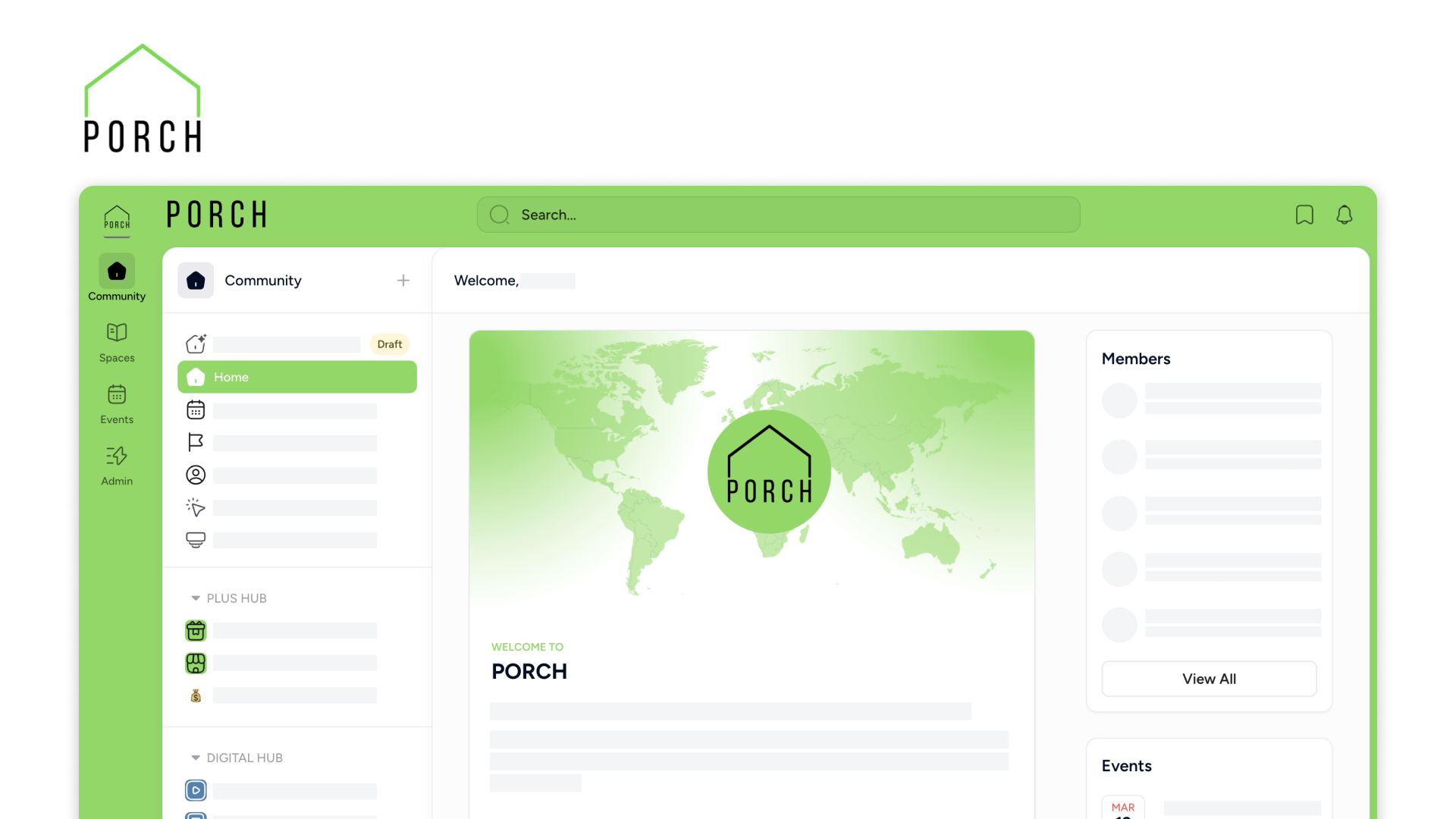


.png)








